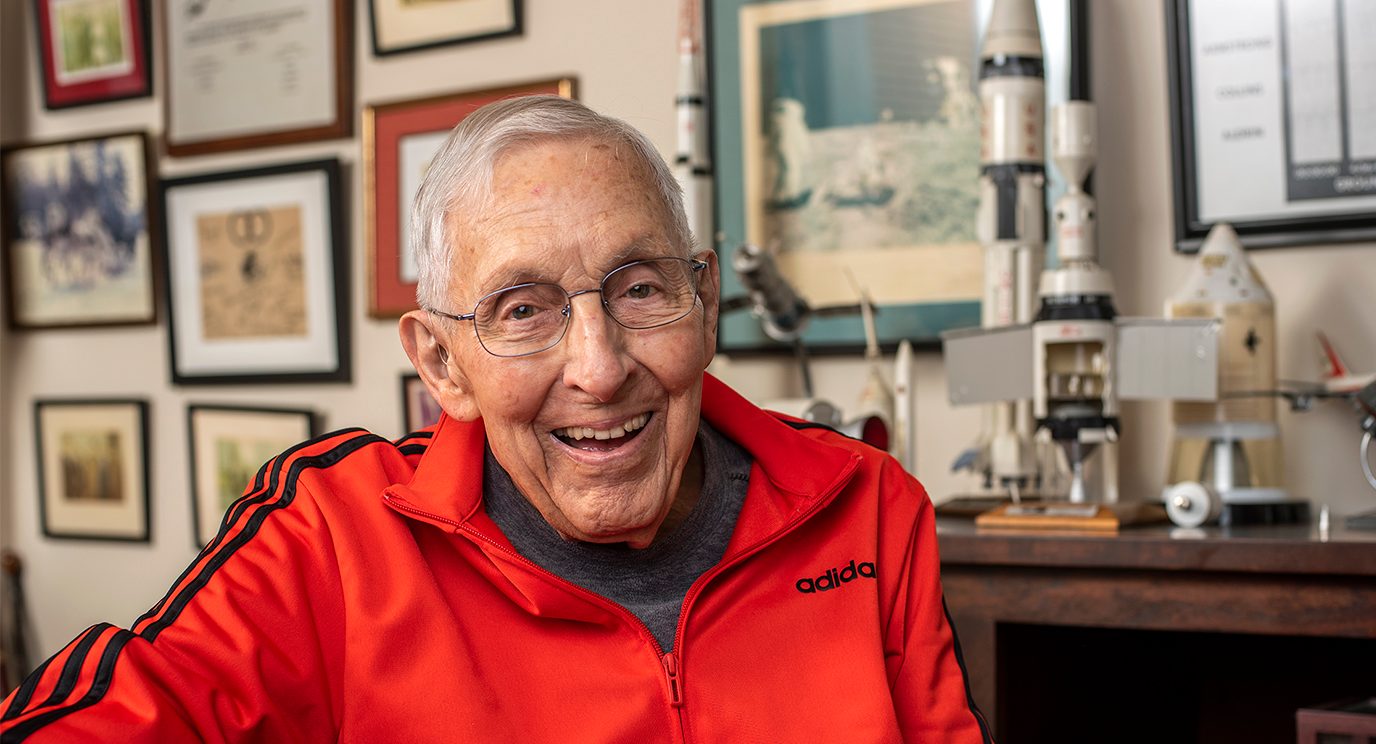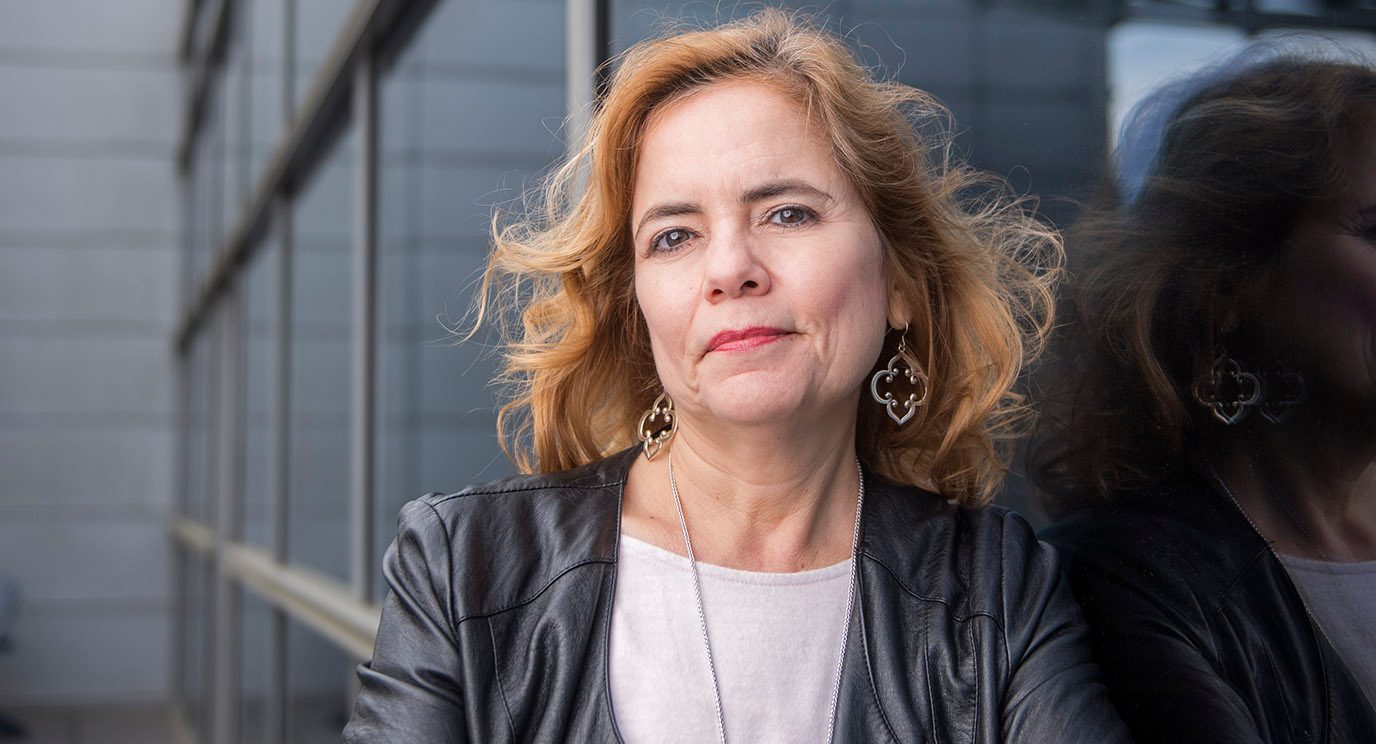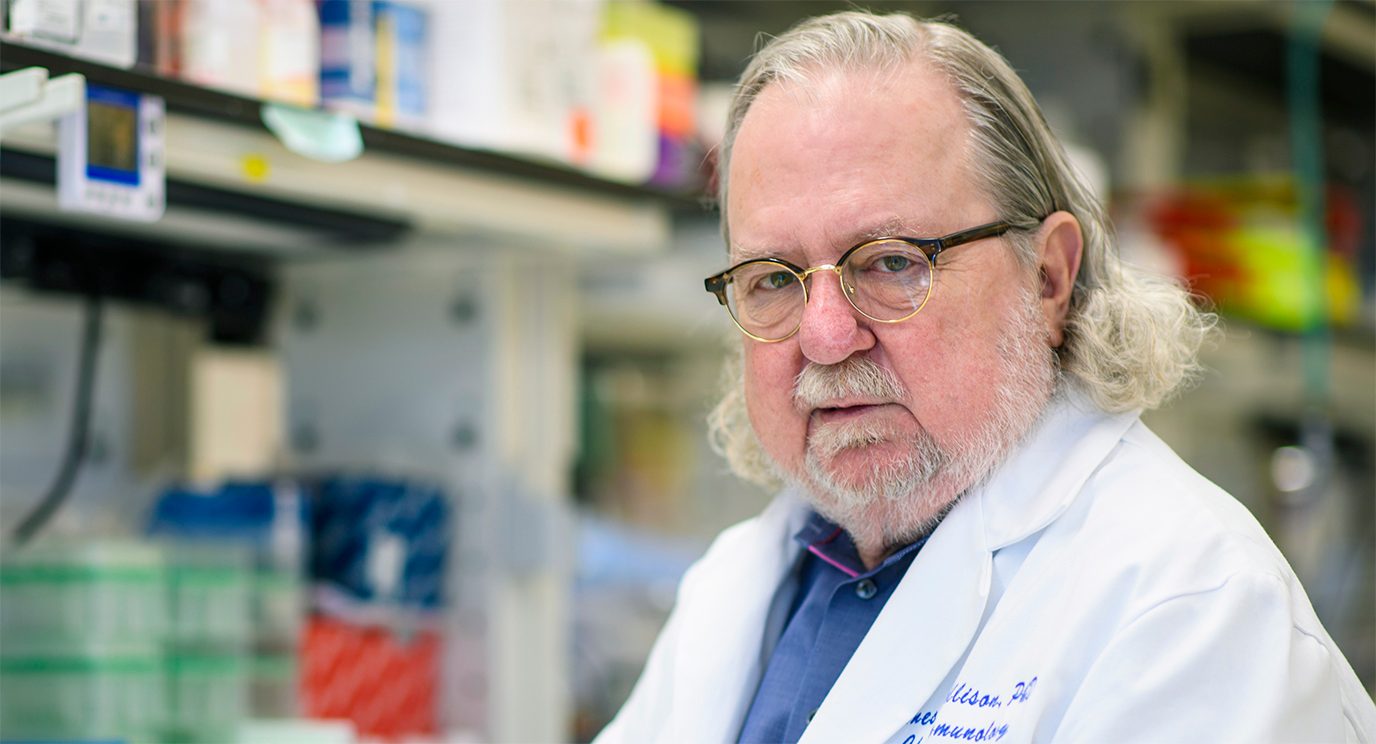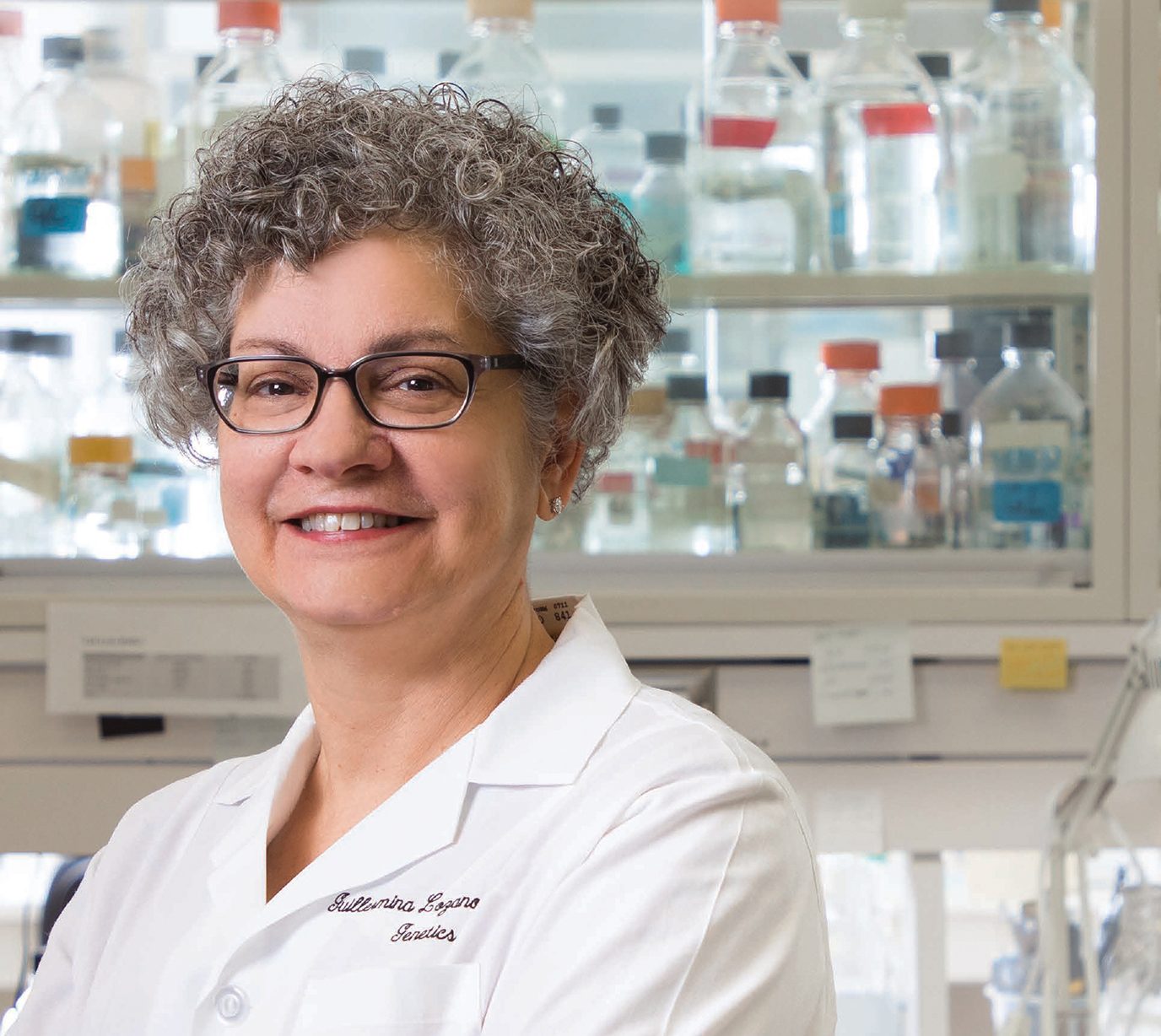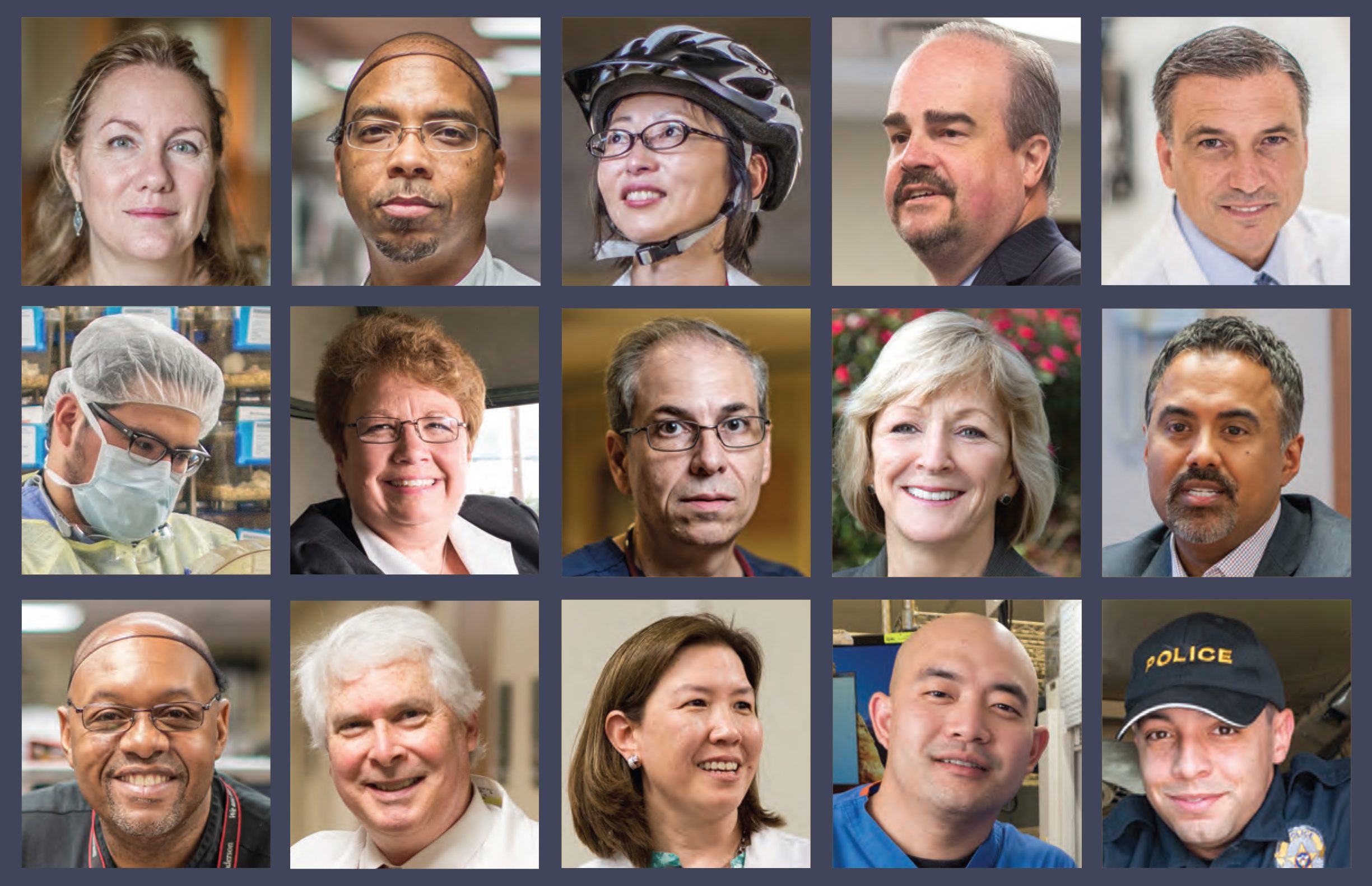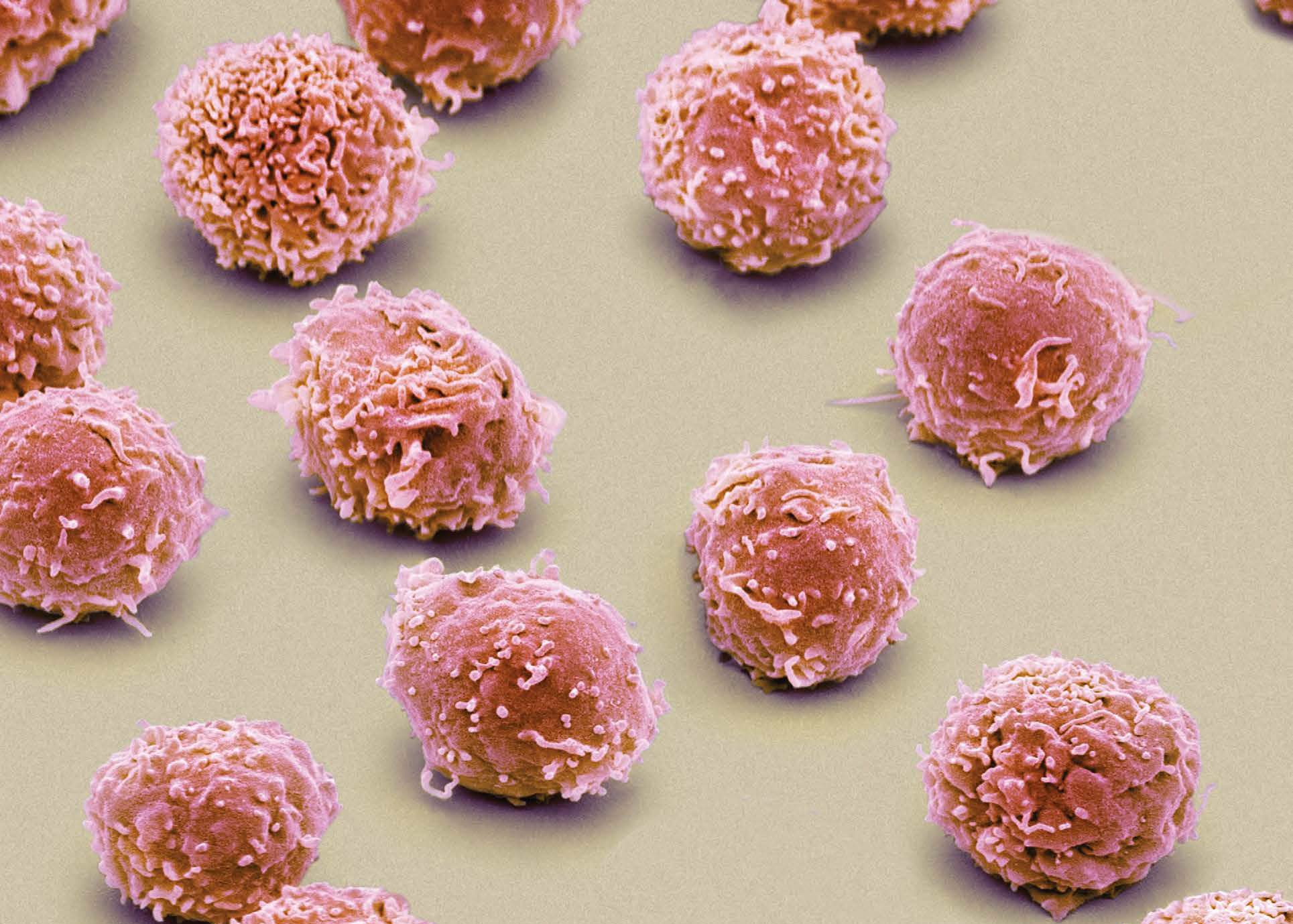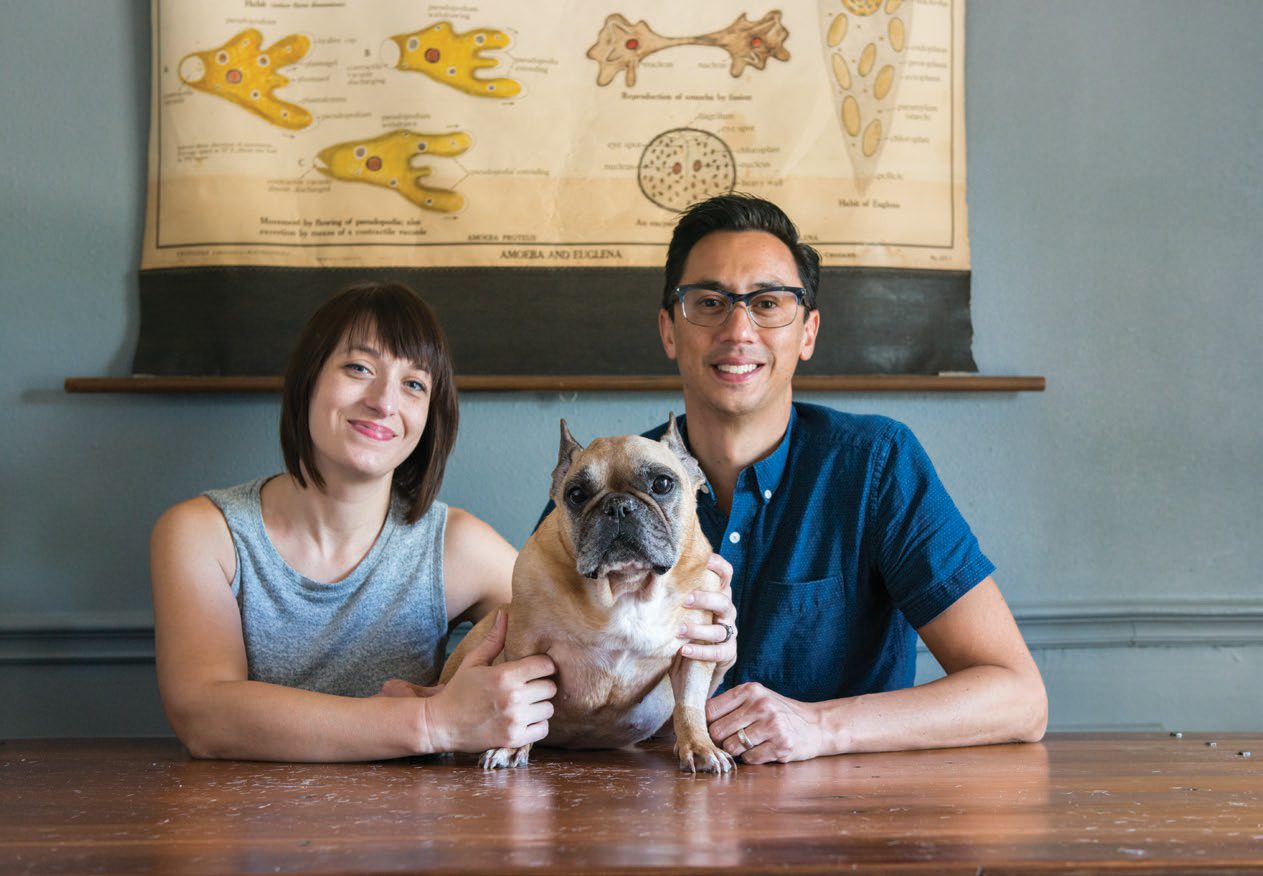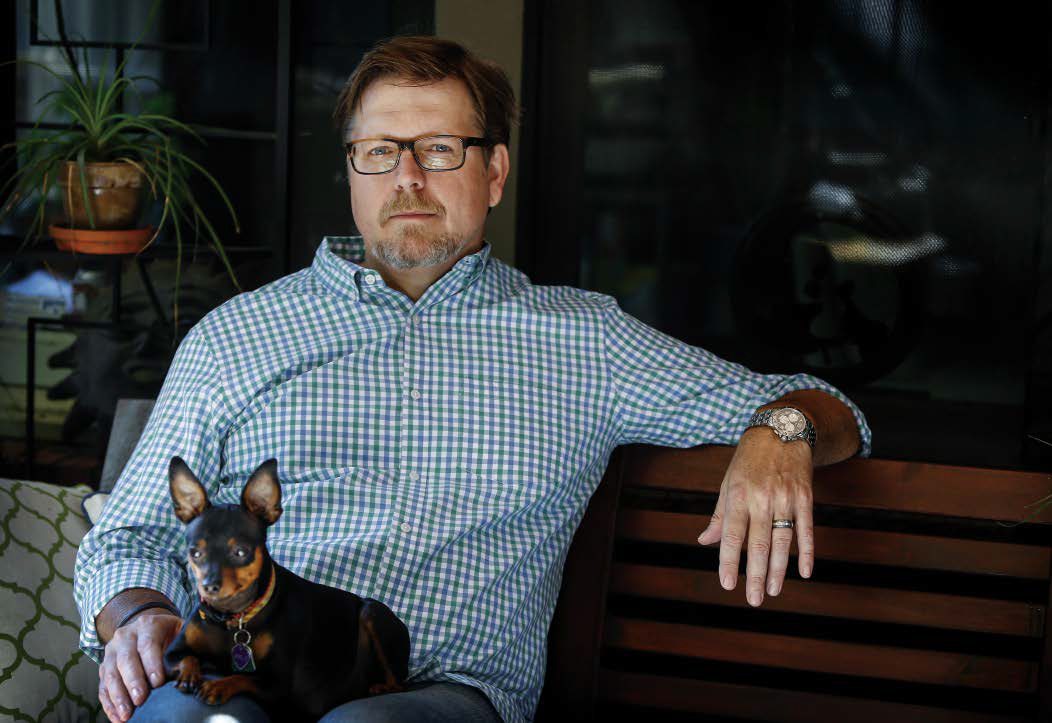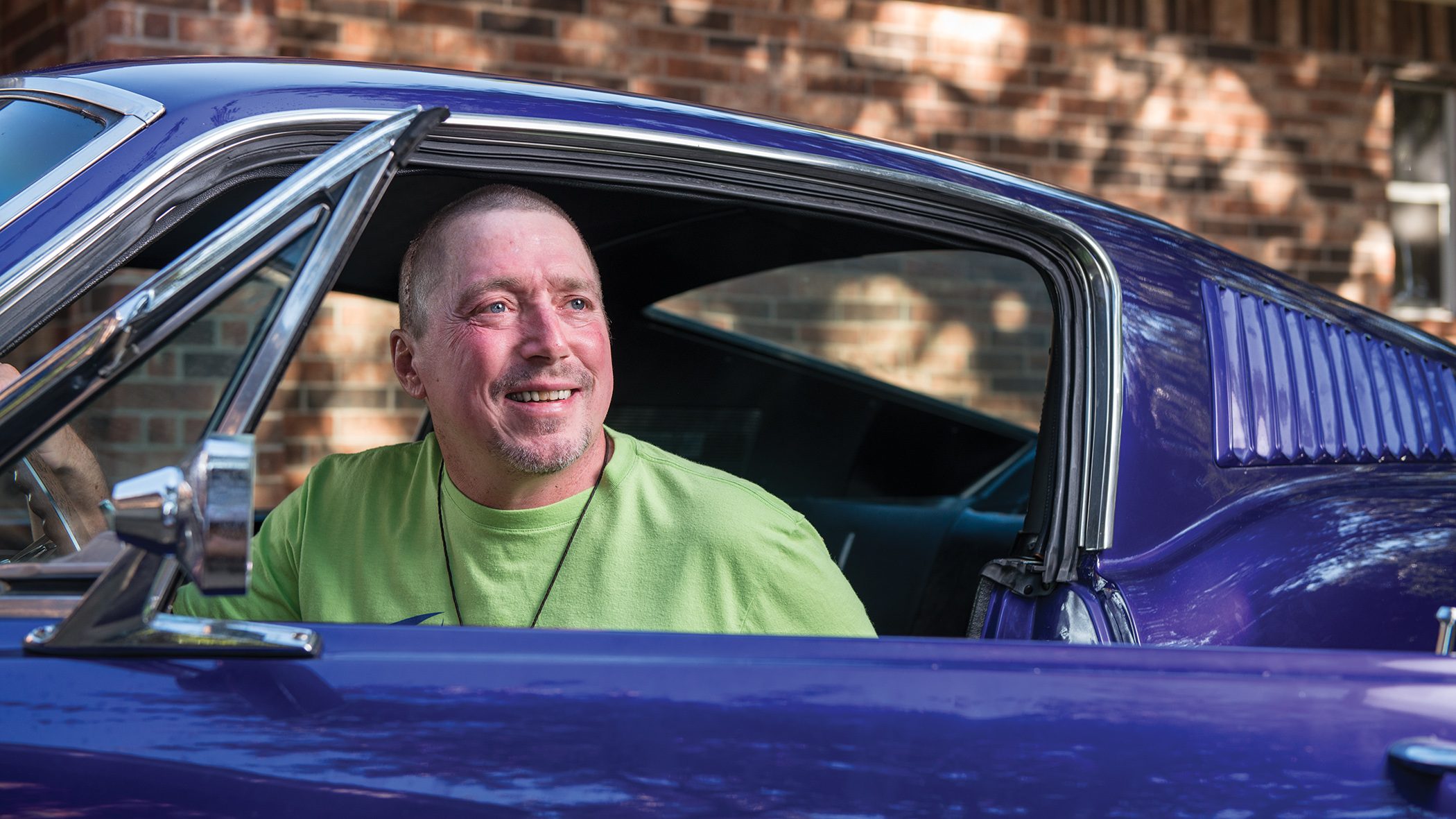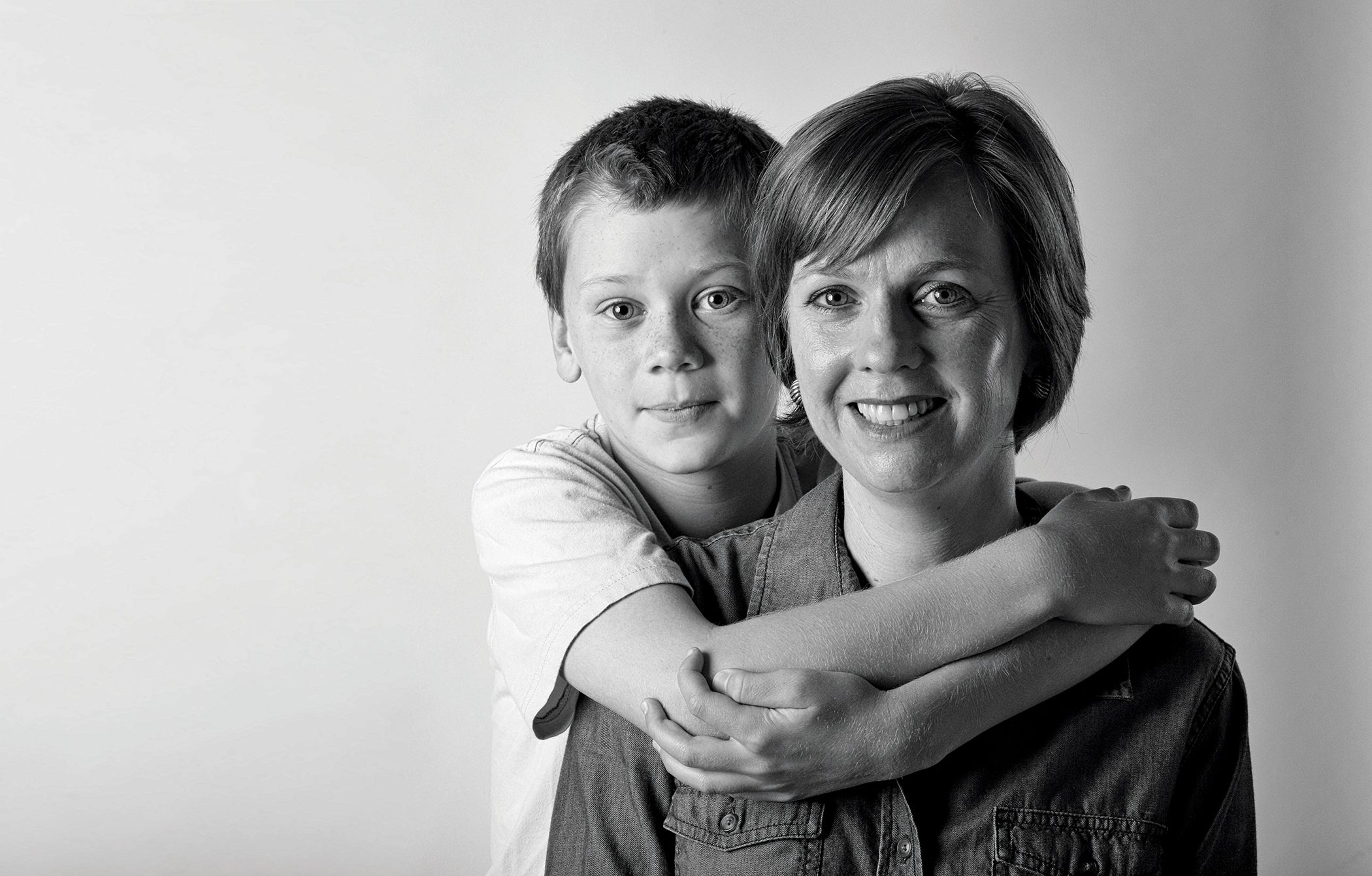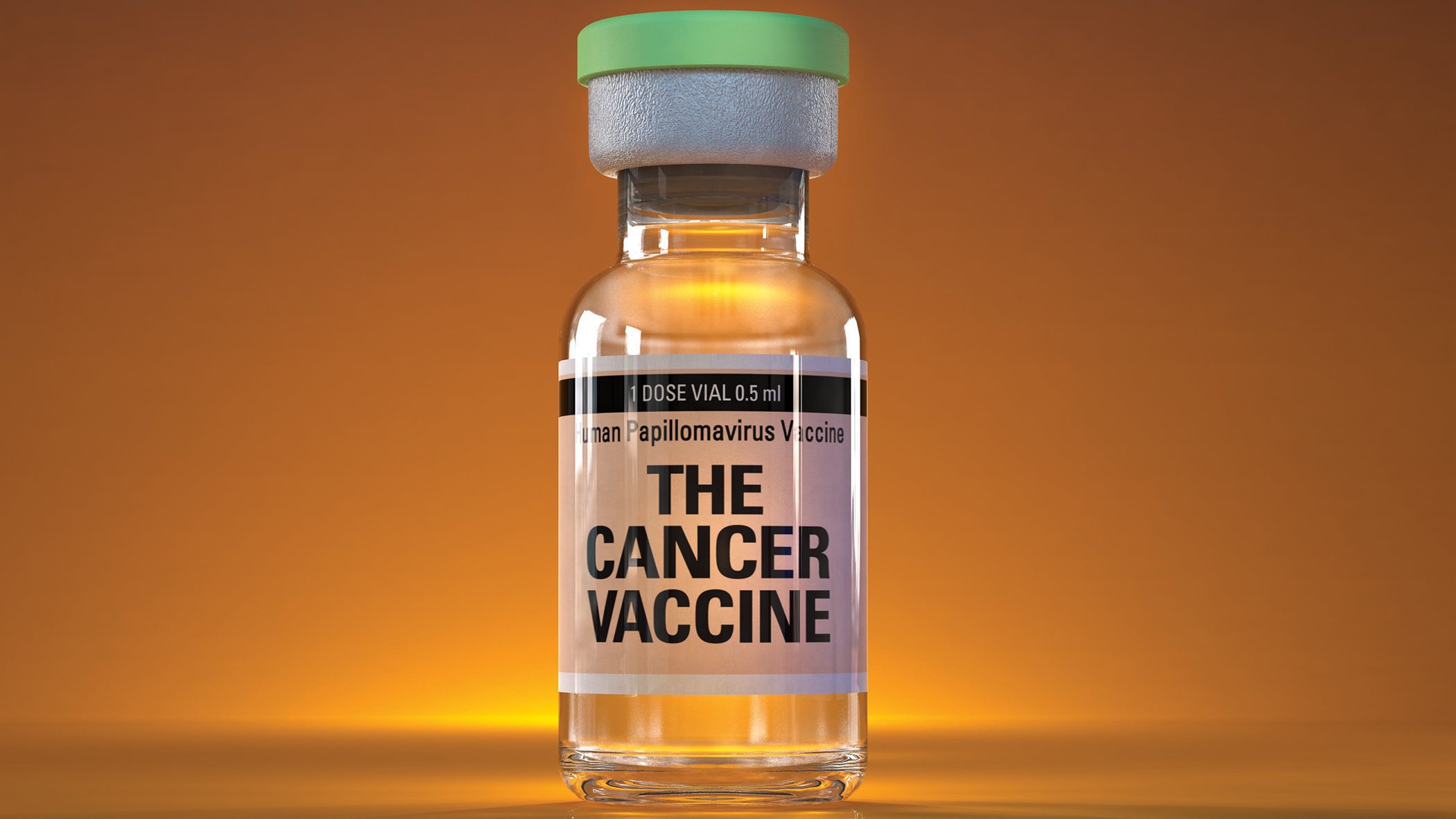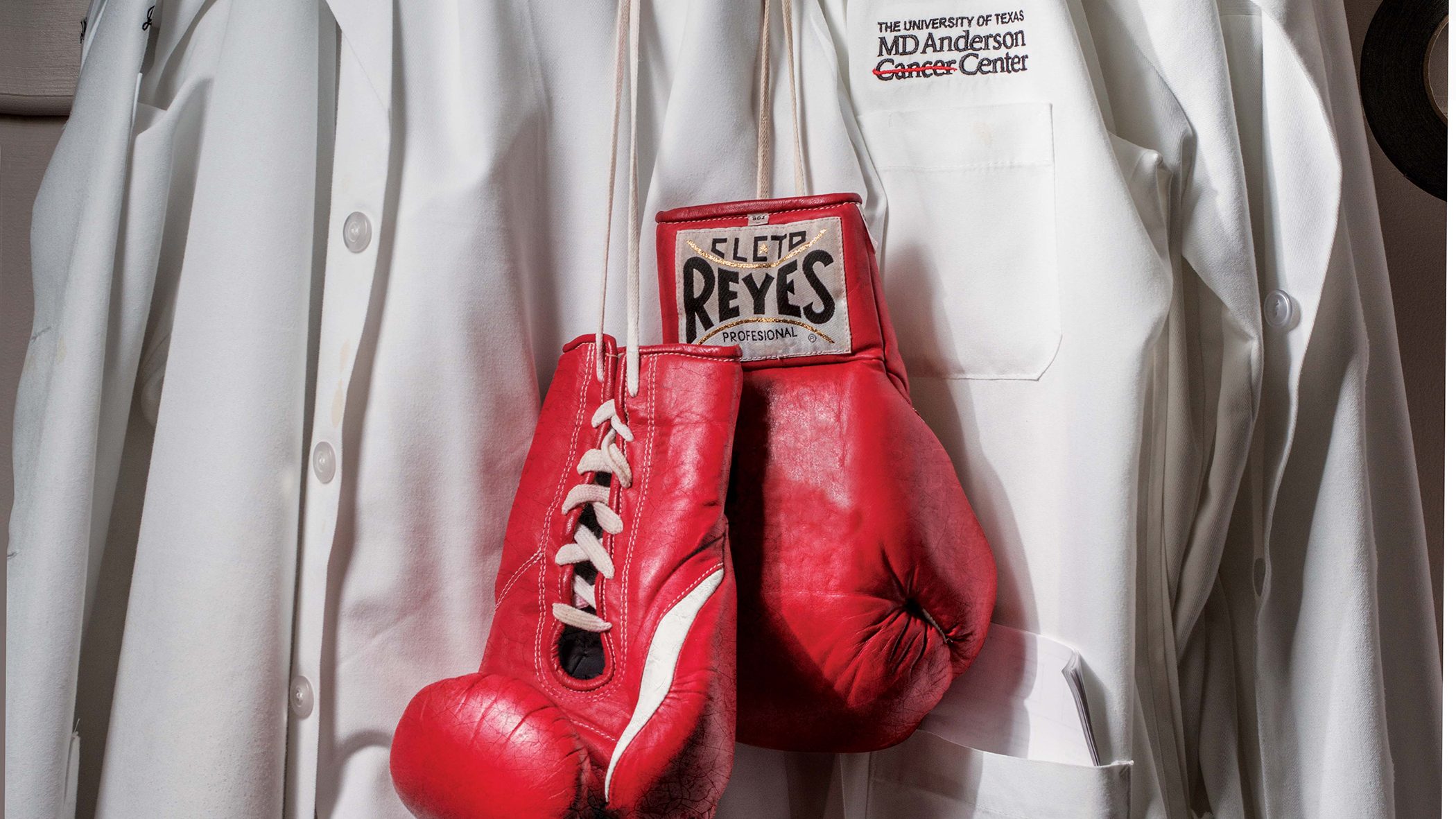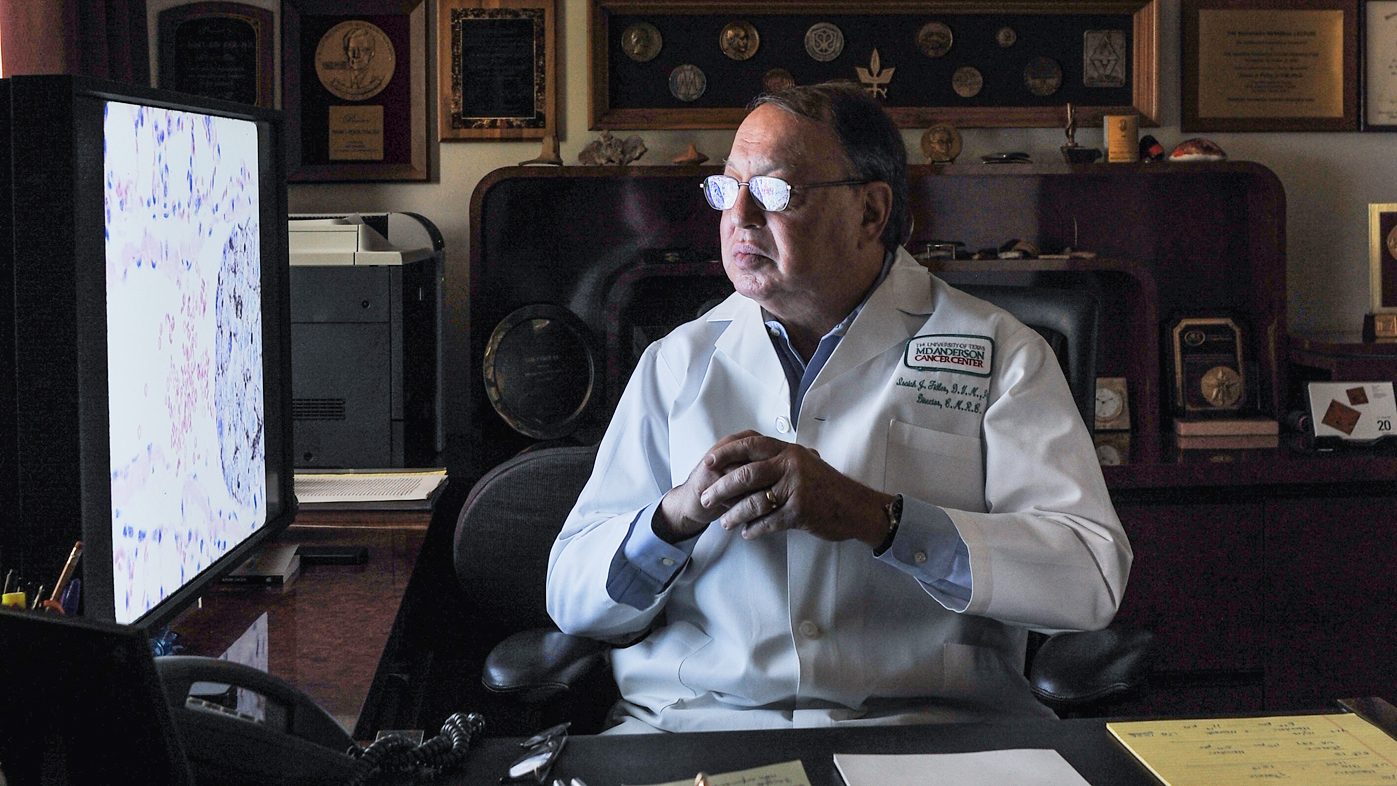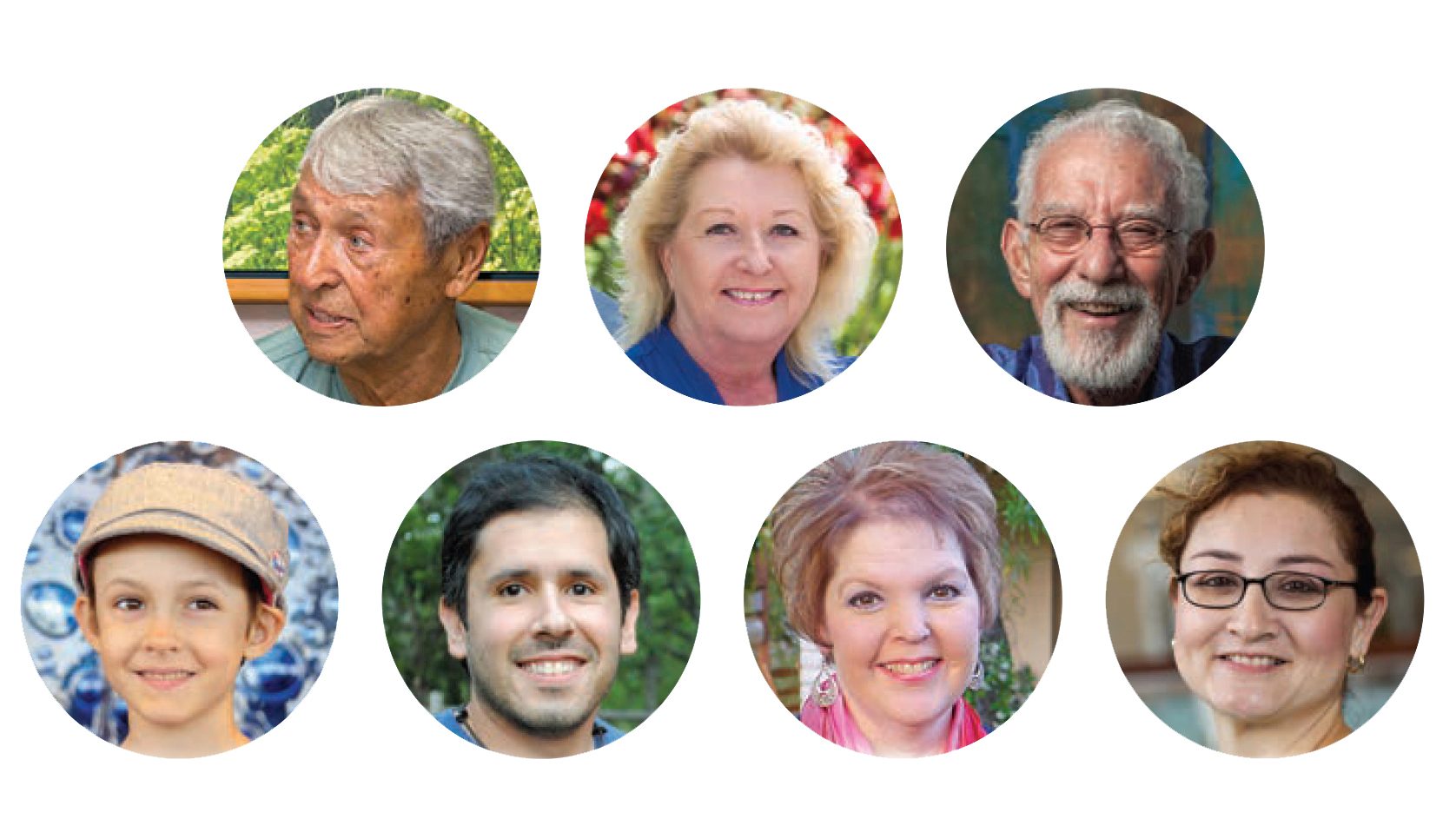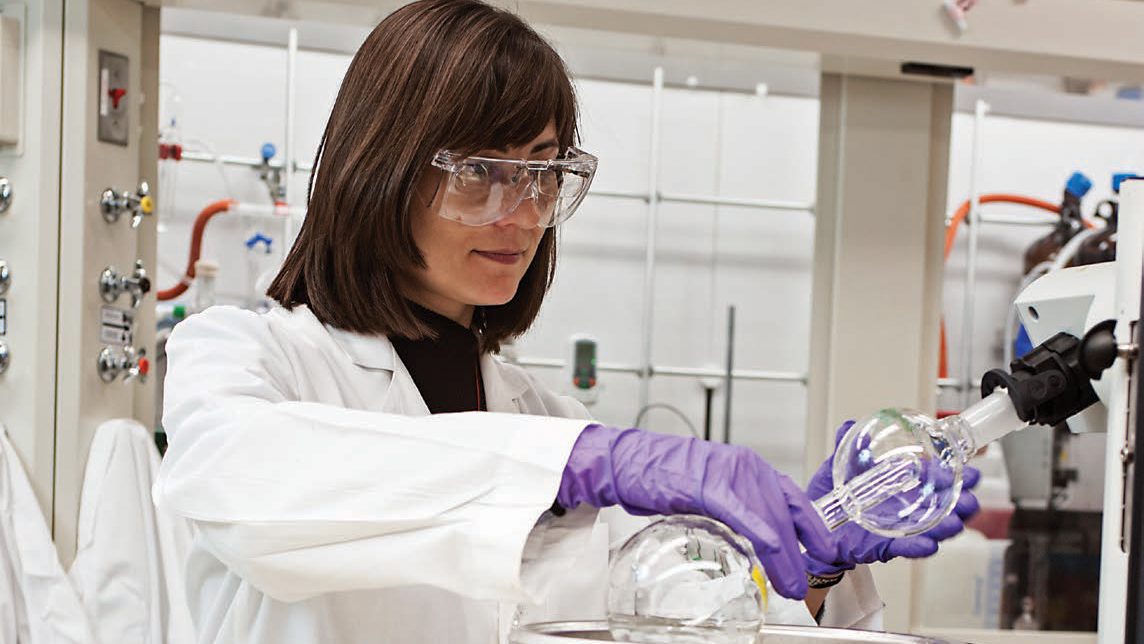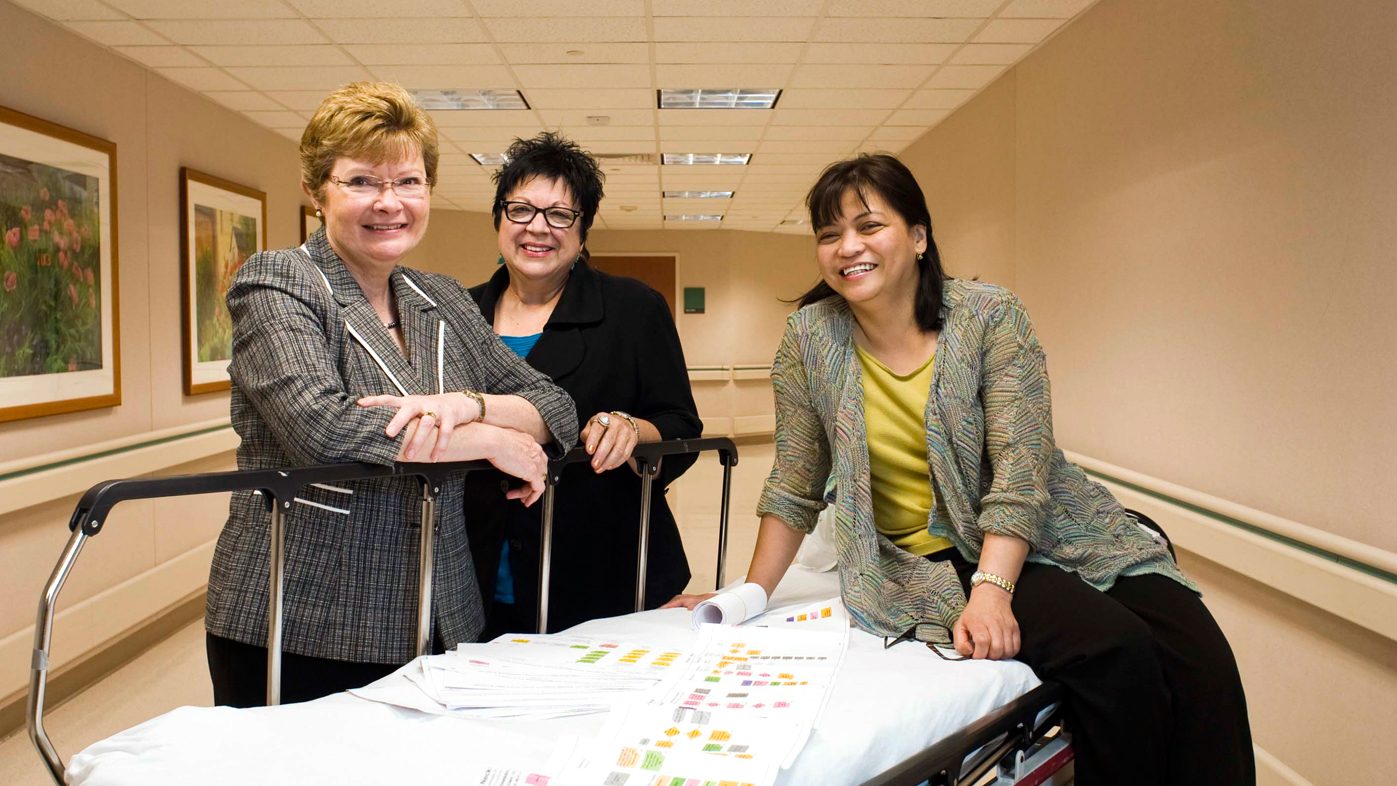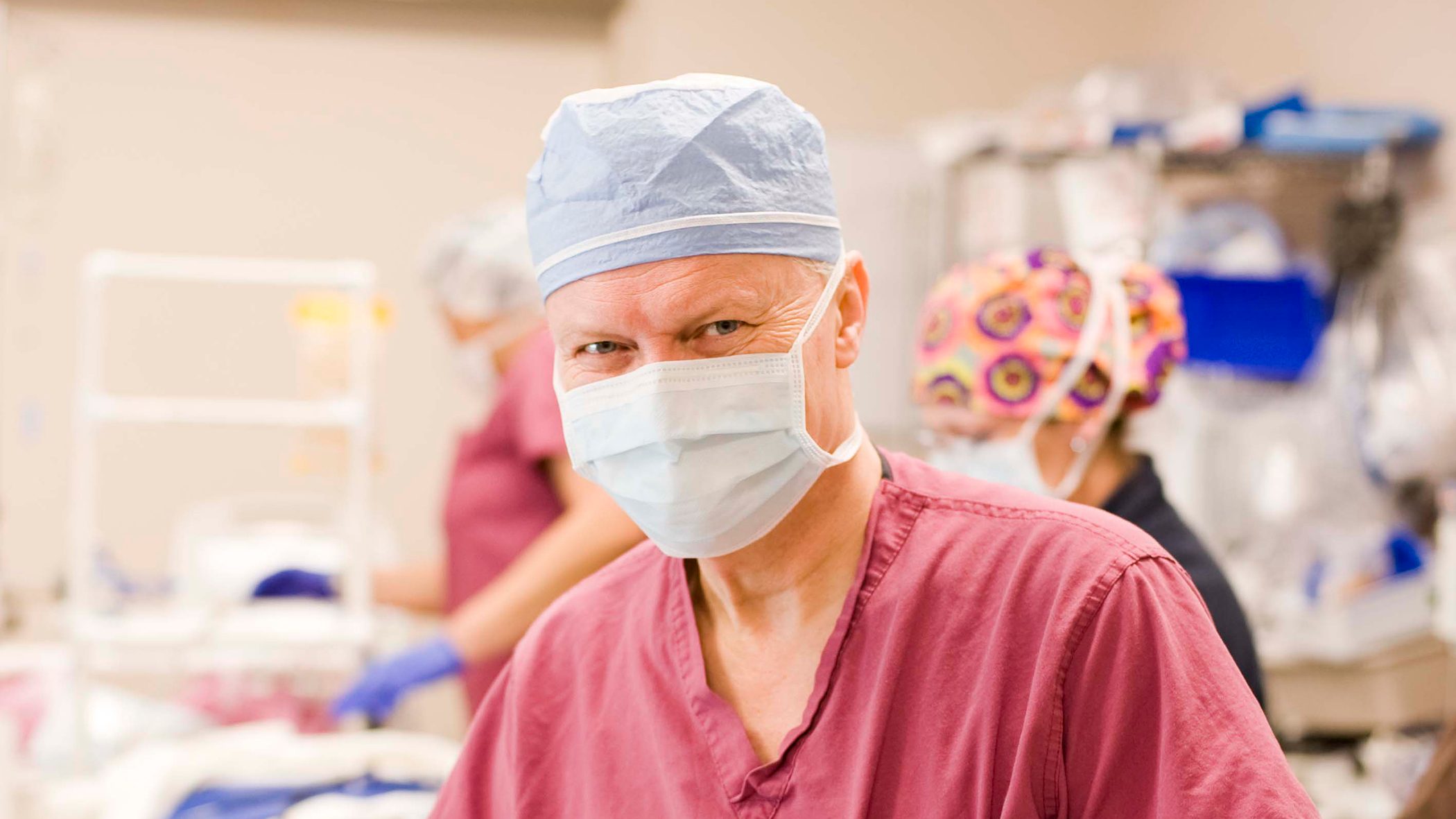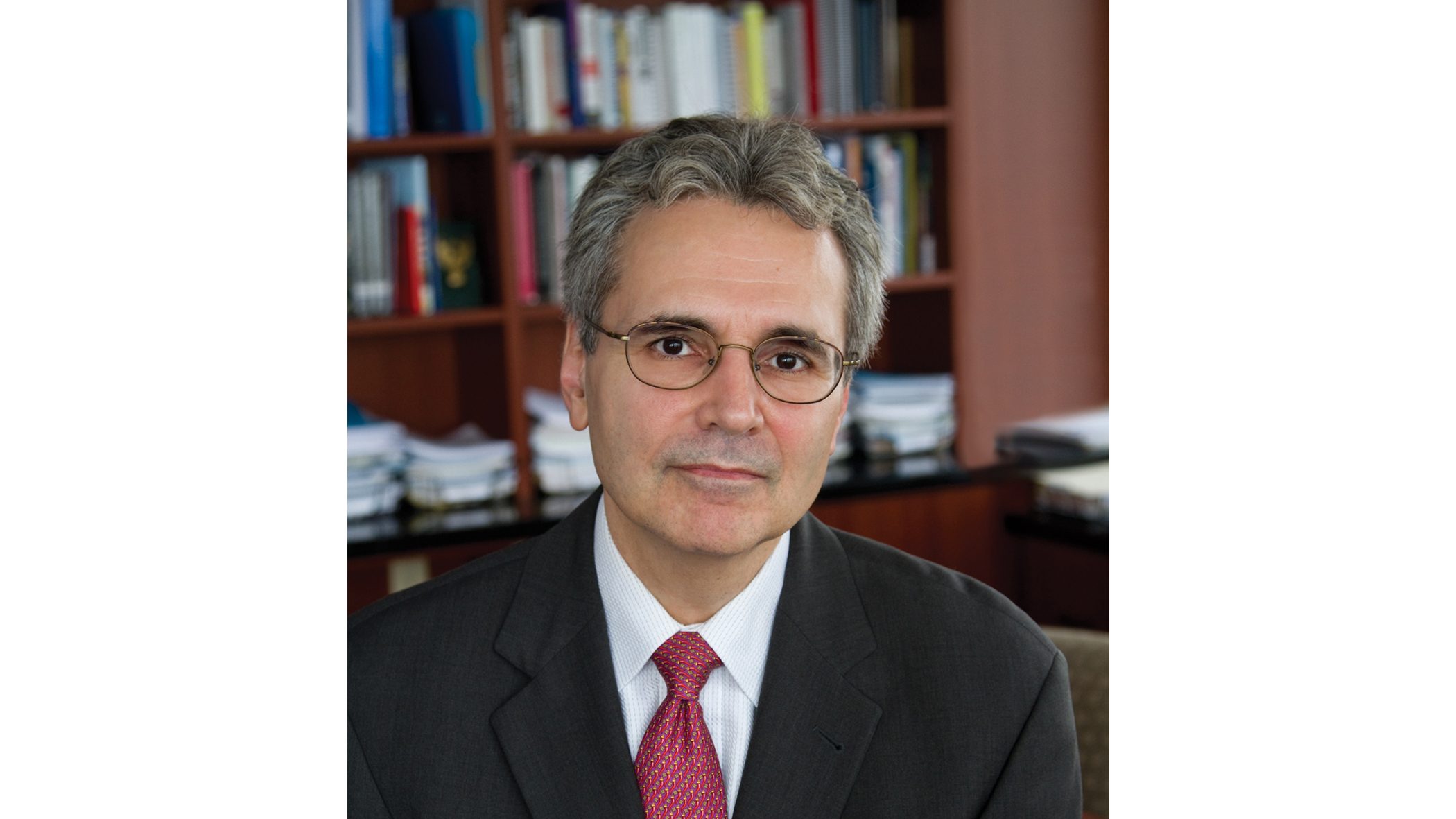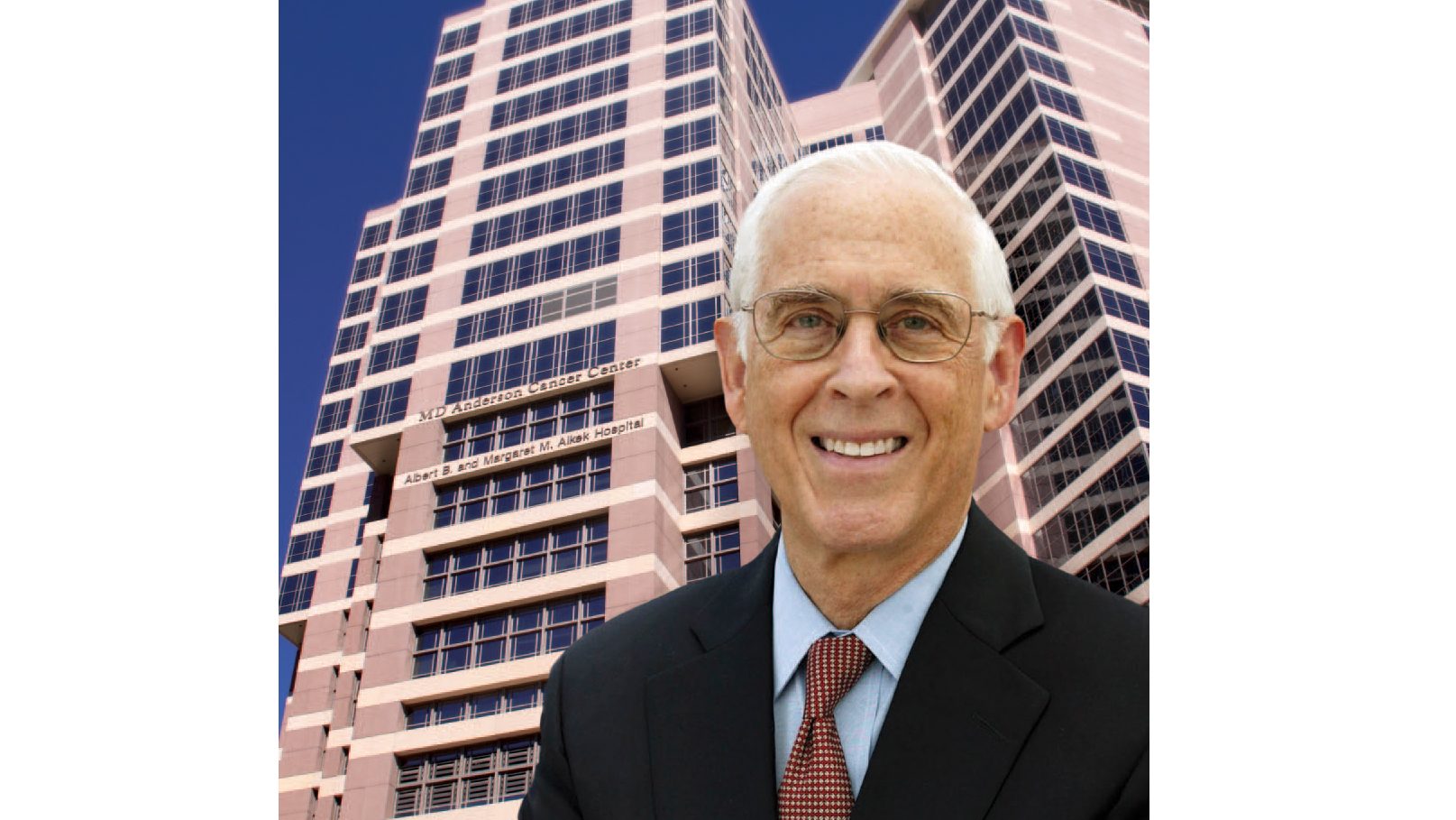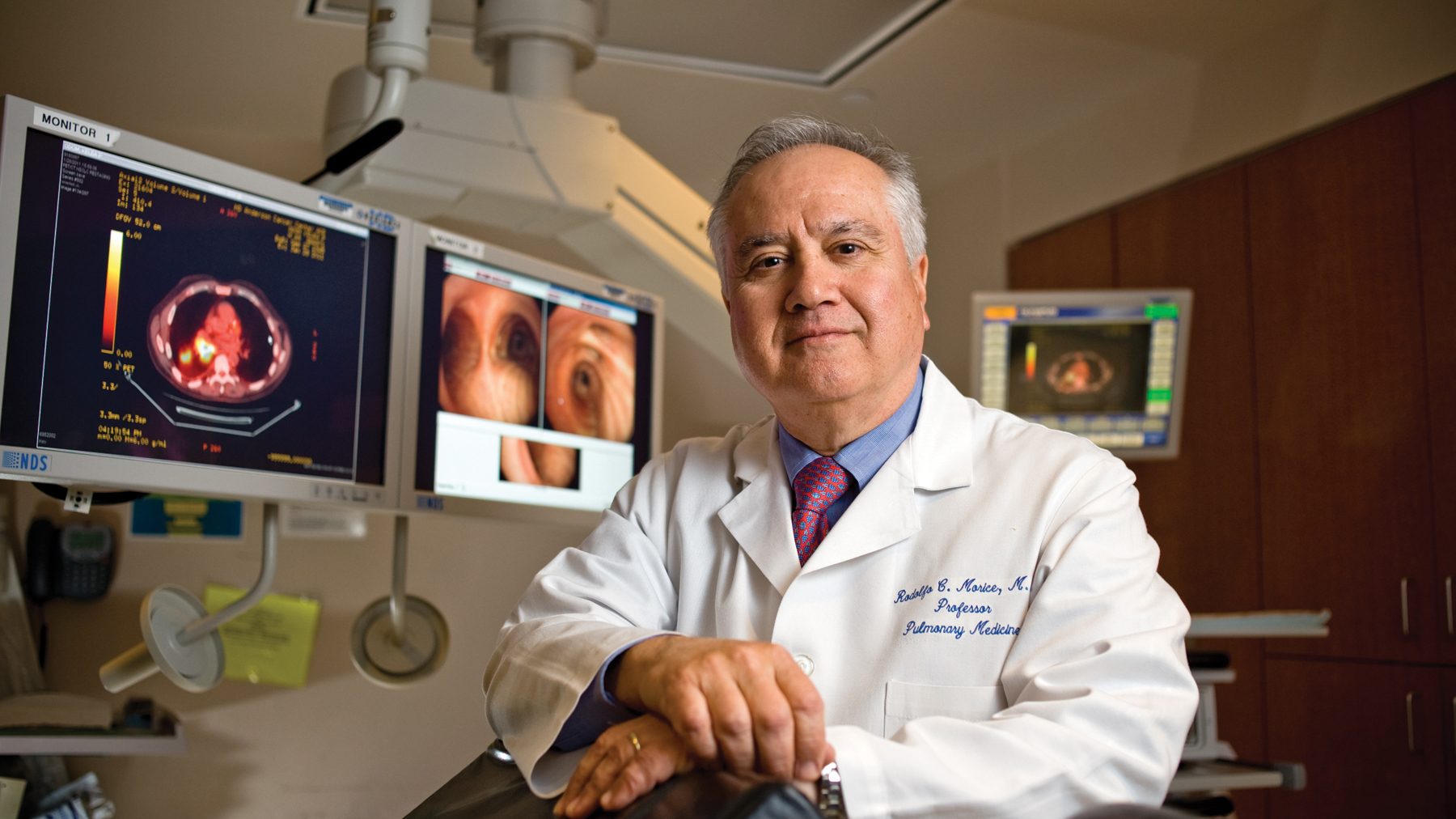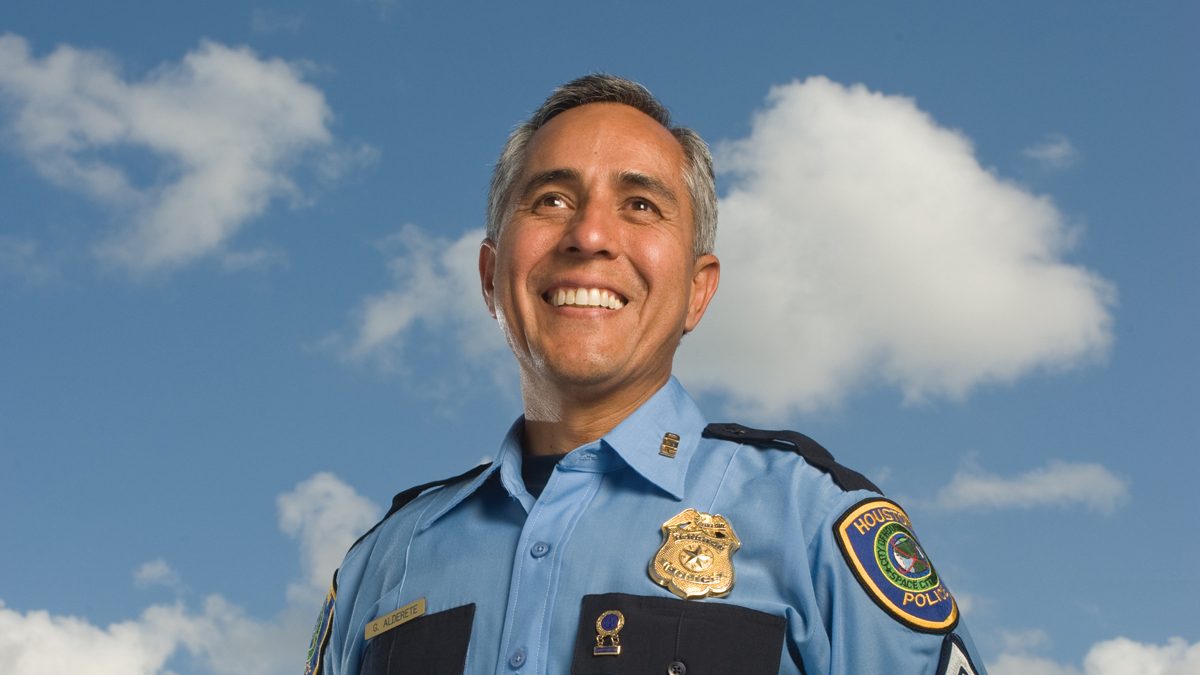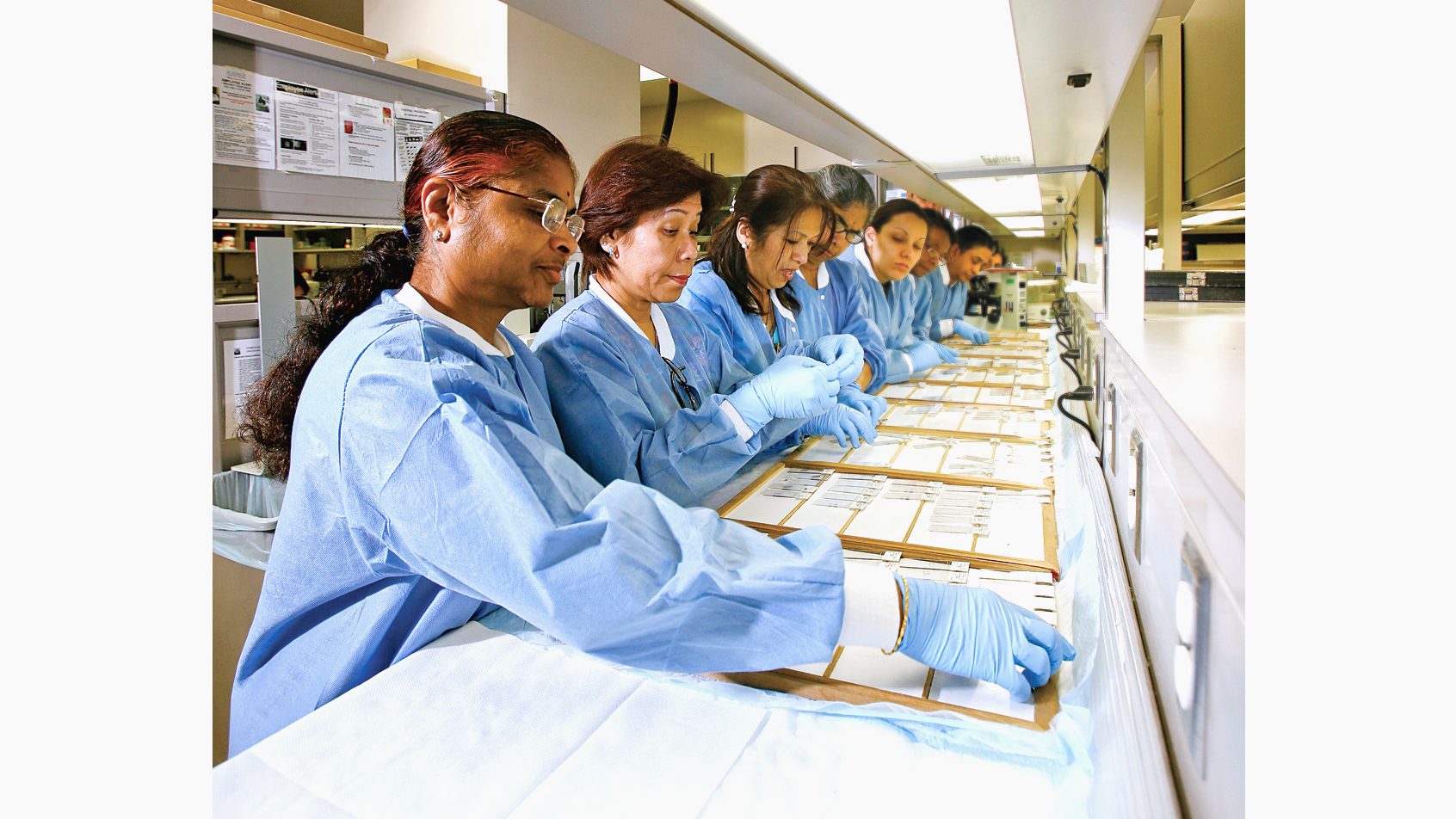
Spring 2015
In this issue of Conquest, you’ll read about the Hospital School at MD Anderson Children’s Cancer Hospital, which helps pediatric patients keep up with their studies during treatment. In addition, you’ll find stories about the many ways the institution is helping young people battle and beat cancer today, as well as prevent the disease tomorrow.

Continuing education
Addison Marshall, 22, is on the fast track to success. He’s a student at Texas A&M University carrying a full course load while studying to become a physician assistant. He works at a physical therapy clinic in College Station and teaches a 6 a.m. fitness and conditioning class at a local gym.
The awards will fund research for treatment and prevention of many types of cancer.
Patrick Hwu, M.D., joined MD Anderson in 2003 as the first chair of Melanoma Medical Oncology.
The American Association for Cancer Research Academy recognizes those who’ve made significant contributions to cancer research.
The Little Yogis Program at the Children’s Cancer Hospital provides young patients tools to cope with the pain, anxiety and fear they...
MD Anderson will lend its cancer prevention expertise to the Coordinated Approach to Child Health (CATCH) program, which is used in...
While being treated at MD Anderson as a child, Meisha Brown was inspired to pursue a career in medical research. Today, she’s a cancer...
According to researchers at MD Anderson, in the next 15 years, more than one in 10 colon cancers and nearly one in four rectal cancers...
When caught early, lung cancer can be cured; however, it almost always goes undetected till it’s too late. Researchers are working on...
In the modern world of biomedical research, collaboration between academic institutions and pharmaceutical companies is becoming more...
Many patients who travel to MD Anderson from outside the Houston area for treatment face the difficult task of finding an affordable...
Eighteen years after completing his surgical oncology fellowship at MD Anderson, Francis Spitz, M.D., is back with the institution —...
Previous Issues
View archives












